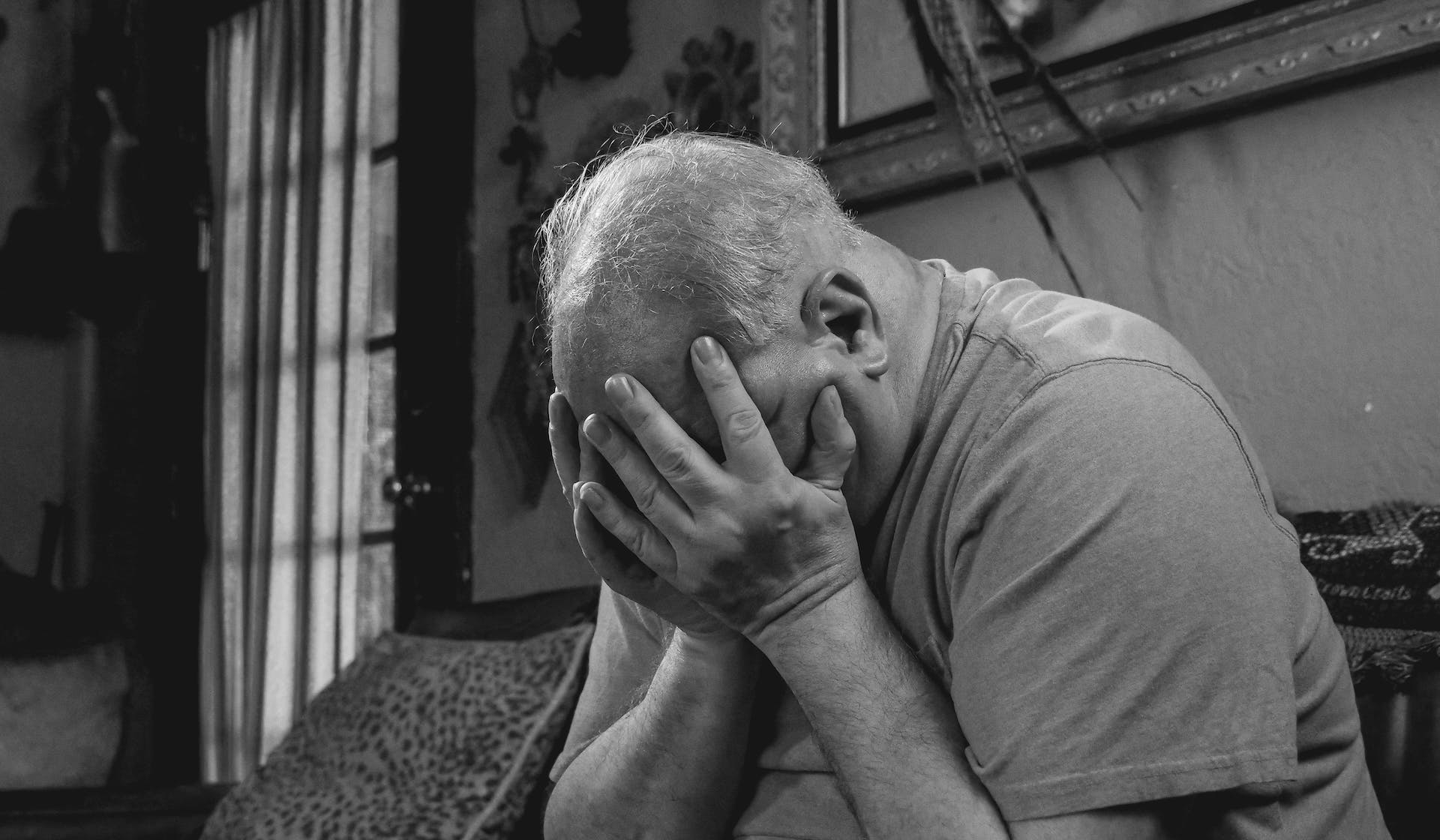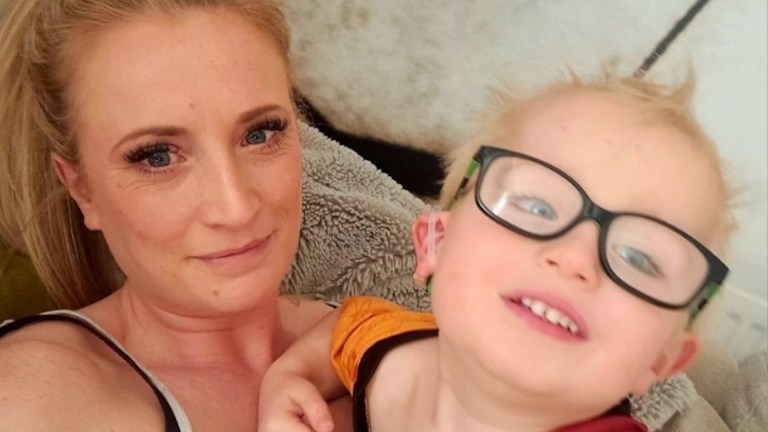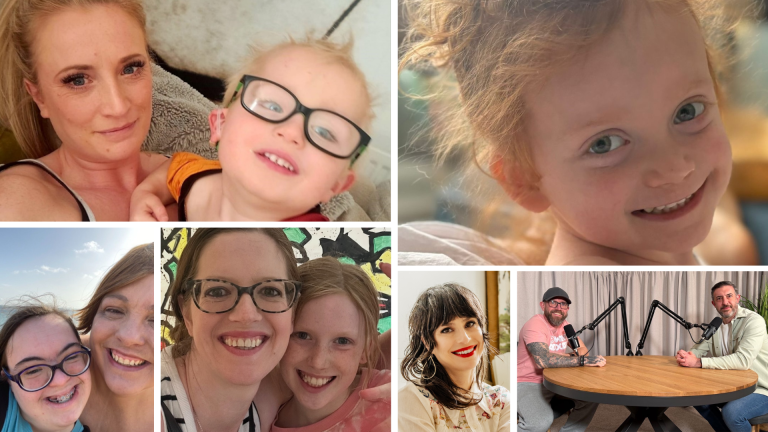“I would prefer to be in work,” Myles says. “There’s very few people who would rather have benefits than be in work. Every time I go and do my shopping and can get less each time, it makes me feel more of a failure because it seems like I can’t budget properly. But I can budget. I just can’t because the prices have gone up so much.”
The government is yet to confirm whether benefits will be increased in line with inflation next year. Research from the Resolution Foundation has revealed that nine million families will see their incomes reduced by an average of £470 if benefits are frozen in cash terms.
Nil Guzelgun, policy and campaigns manager at Mind, said: “The cost of living crisis is fuelling a mental health emergency. There could not be a worse time for the UK government to consider a real-terms cut to support. The mental health impacts of the economic climate are clear, and people in poverty are bearing the brunt of this.
“It would also be plainly cruel to make it harder to access financial support if you are too unwell to work. An increasing number of us are struggling with our mental health in the wake of the pandemic and because of the cost of living crisis. Our decision makers should be boosting support, including through mental health services and more adequate benefit rates.”
Myles has multiple health conditions – a bulging disc in his lower back, high blood pressure and cholesterol. He also has long-Covid, having been hospitalised and put on a ventilator with coronavirus three years ago.
That is on top of his mental health conditions, including depression, anxiety and a personality disorder. This means he is able to claim personal independence payment (PIP) and employment and support allowance (ESA), which is being replaced with universal credit.
Advertising helps fund Big Issue’s mission to end poverty
“Some of my personal independence payment is now going to pay for groceries or the phone bill or something else,” Myles says. “It’s eating into what is supposed to be money that is supposed to help me cope with my mental health problems and my other disabilities. It’s not easy, but I still consider myself a lot better off than a lot of other people.”
Research from the Joseph Rowntree Foundation and Trussell Trust has found that universal credit claimants are £35 short of the money they need to live each week. Mind is joining the charities’ calls to increase benefits so that people can afford the essentials at the very least.
“If the UK government is serious about tackling the number of people with mental health problems and the impact this is having on the economy, it must fight the effects of the cost of living with a stronger safety net,” Guzelgun says.
“It needs to raise benefits in line with inflation and revise the plans to change the work capability assessments. Reducing sickness benefits and introducing further hurdles to accessing financial support is not the answer.”
The government is planning to tighten work capability assessments in a drive to get people into work, which charities have warned could cause “huge anxiety” and mean “sanctions” for people with serious mental and physical health conditions.
Myles is worried about how this will impact his life. “I’m dreading the next assessment. I’m also dreading them moving me over to universal credit. There’s a possibility, especially as they are banging the anti-disabled drum again, they will make it so hard that I won’t be able to get it.
Advertising helps fund Big Issue’s mission to end poverty
“It was hard enough to get an unfit-for-work diagnosis for my mental health. But now they are going to make it so strict I doubt anyone’s going to get it. And if I do manage to get it, there’s a good possibility that I will be on less money than I am now. And I’m struggling now.”
Myles is battling to cope in the cost of living crisis, but he worries for others in worse situations. “There are people worse off than me. I’m one of the luckier ones. There are people who are much worse off and in a much more desperate financial position. I would not like to be on less money than I am now. There are people who are getting the bare minimum.
“And this government is just trying to cut back the financial position of some of the most vulnerable people in the country because they won’t do the one thing that would help everything, and that is taxing the rich and taxing the corporations that can afford it.”
Mind has a confidential information and support line, Mind Infoline, available on 0300 123 3393 (lines open 9am-6pm, Monday-Friday). For information on managing money and your mental health, see Mind’s advice.
Get the latest news and insight into how the Big Issue magazine is made by signing up for the Inside Big Issue newsletter
Do you have a story to tell or opinions to share about this? We want to hear from you. Get in touch and tell us more.
Advertising helps fund Big Issue’s mission to end poverty









